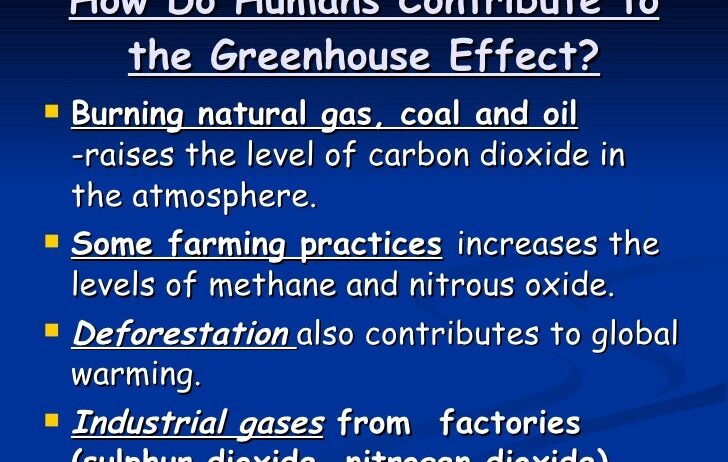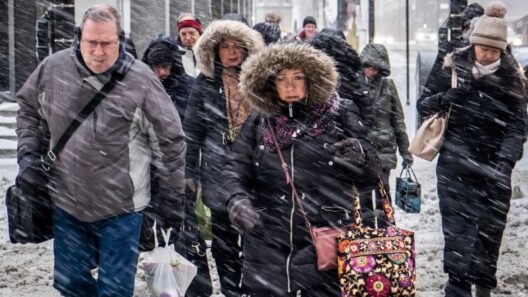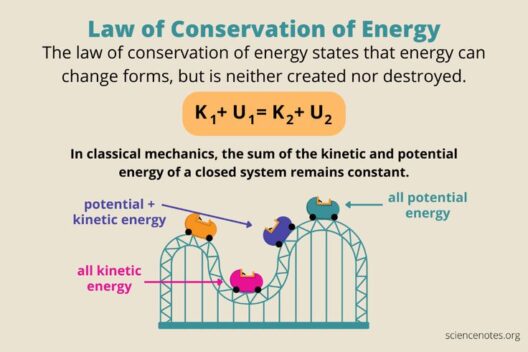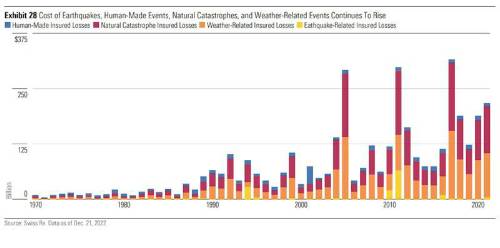Indonesia, an archipelago of over 17,000 islands, plays a vital role in the tapestry of global climate dynamics. Its lush landscapes, ranging from verdant rainforests to vibrant coral reefs, epitomize nature’s elegance. However, like a painter splattering unexpected colors onto a masterpiece, human activities in Indonesia disrupt this ecological harmony, contributing significantly to global warming. Through an exploration of deforestation, fossil fuel dependency, and industrial growth, it becomes palpable how the subtle yet persistent actions of Indonesians ripple across the globe.
Deforestation stands as one of the most pressing issues contributing to Indonesia’s climatic footprint. The world’s third-largest tropical forest, primarily found in Indonesia, functions akin to Earth’s lungs, filtering carbon dioxide and releasing oxygen. Yet, these lungs are choking under the weight of rampant deforestation driven by agriculture, logging, and urbanization. The rapid expansion of palm oil plantations exemplifies this unsustainable approach. Palm oil, embraced for its versatility, has become an insatiable appetite of the global market, leading to the ruthless clearing of forests. With each tree felled, carbon stored in the wood is released into the atmosphere, exacerbating global warming. The metaphor of a slow, deliberate poisoning of a vital organ encapsulates the critical nature of this issue.
The repercussions of deforestation extend beyond the immediate loss of trees. Biodiversity, another keystone of Indonesia’s natural wealth, faces obliteration. Flora and fauna that reside in these forests do not simply vanish; they suffer the consequences of habitat fragmentation and degradation. As species struggle to adapt, some face extinction, and the intricate web of ecological balance initiated by thousands, if not millions, of years of evolution unravels. The forests’ removal unveils the harrowing truth that the loss of biodiversity catalyzes climate change, rendering ecosystems less resilient to shifts in climate.
Transitioning from terrestrial to the realm of energy, fossil fuel dependency emerges as another shadow looming over Indonesia’s climate narrative. Indonesia is one of the world’s largest producers and consumers of coal, with substantial reserves that drive its energy needs. This reliance is akin to a heavy anchor weighing down a ship; it hinders the transition to renewable energy sources. The combustion of coal not only contributes to carbon emissions but also releases harmful particulates that pollute the air. The thick smoke from coal-powered plants blankets cities, contributing to public health crises and creating incalculable economic burdens.
Moreover, fossil fuel extraction and burning represent an implicit paradox within Indonesia’s identity. The nation struggles to reconcile its role as both a supplier of energy to developing and developed nations, while also grappling with the urgency of climate change. The duality of this existence is reflective of a poignant dilemma: the drive for economic growth versus the need for sustainable development. The scales of this balance are precariously positioned, as ignoring this conflict compounds the severity of environmental degradation and strengthens the grip of global warming.
On a larger scale, industrial growth emerges as an integral dimension of Indonesia’s climate impact. In the economic pursuit of modernization and progress, the demands for infrastructure expansion and urban development burgeon, often at the cost of the environment. Cities expand, and industries proliferate, yet their growth emits substantial greenhouse gases, escalating the climatic crisis. Infrastructure projects, whether roadways or skyscrapers, are often constructed with scant regard for environmental consequences. This cavalier approach is reminiscent of building sandcastles at the tide’s edge, blissfully unaware of the impending deluge that could wash away all efforts.
However, within this narrative of challenges, there lies a path to redemption. A transformation toward sustainability is not only conceivable but essential for Indonesia’s futurescape. Emphasizing on reforestation efforts can serve as a salve for the wounds inflicted upon the forests. Initiatives aimed at rehabilitating deforested areas can restore biodiversity and sequester carbon, breathing life back into the ecosystems. Partnerships between local communities and conservation organizations can galvanize grassroots movements, nurturing a resurgence of pride in Indonesia’s natural heritage.
Moreover, addressing energy consumption through a robust transition to renewable sources may anchor Indonesia firmly within the global effort to combat climate change. Expanding investments in solar, wind, and geothermal energy can diversify the energy matrix, lessening the dependency on fossil fuels. By embracing innovative technologies and sustainable practices, Indonesia can emerge as a beacon of ecological resilience rather than a harbinger of environmental degradation.
Furthermore, enhancing awareness and education about climate change among Indonesians can sow the seeds of long-term change. Engaging youth in environmental advocacy can empower future generations to become stewards of the land. Community-driven initiatives, aimed at promoting sustainability in everyday life, can catalyze a cultural shift that values conservation over consumption.
Indonesia stands at a crossroads, where the path forward will determine its legacy in the face of global climate change. Each action taken can either contribute to the dilemma of global warming or forge a new narrative of sustainability and resilience. By uniting efforts to combat deforestation, decreasing fossil fuel reliance, and fostering sustainable industry practices, Indonesia can redefine its role on the world stage. The journey may be fraught with challenges, but with determination, it has the potential to become a vibrant participant in the quest for a balanced ecosystem and a cooler planet.








